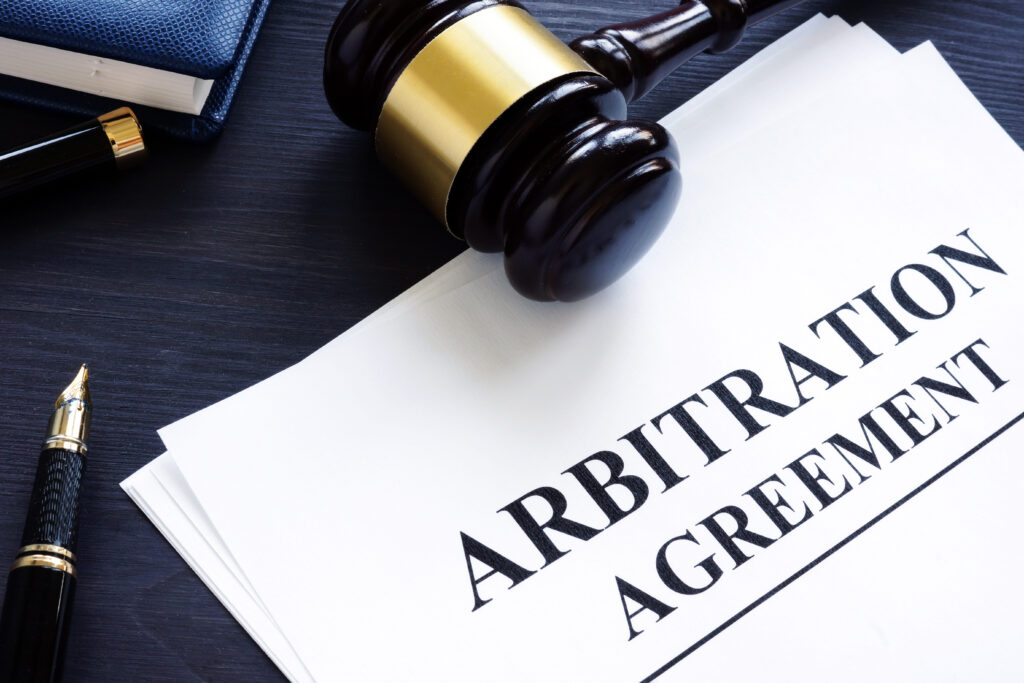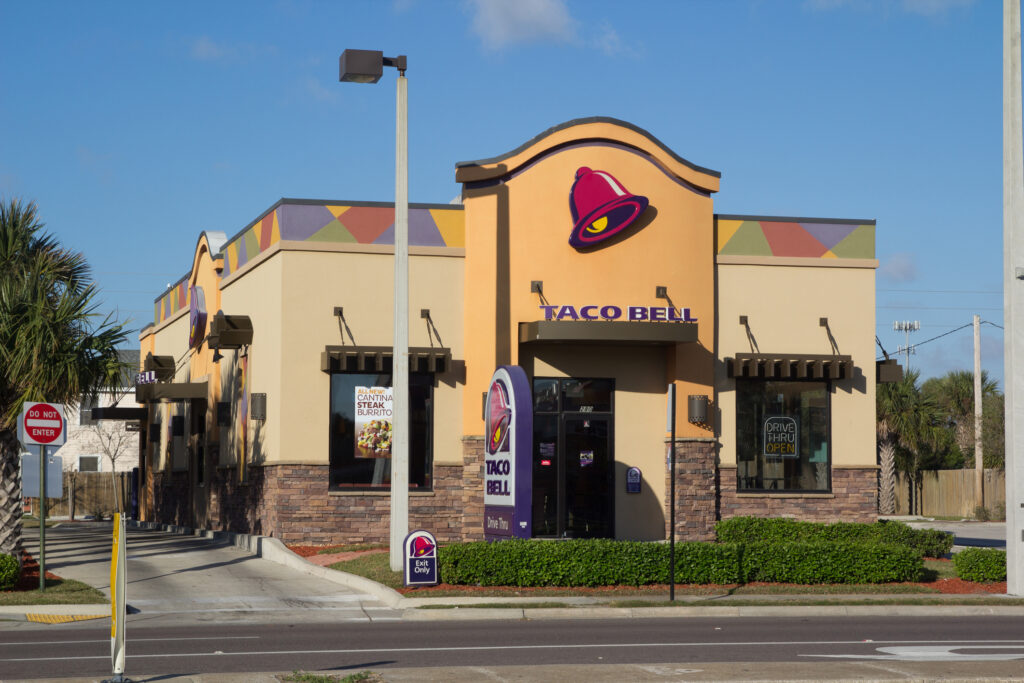In Morgan v. Sundance, the plaintiff, employed in a fast-food restaurant owned by the defendant for three months, worked overtime during her tenure there but was never paid the overtime wages. The employment agreement between both parties stated that if a dispute arises, arbitration must occur first before seeking a remedy via court proceedings.
When the plaintiff filed a class-action lawsuit against Sundance, a corporate owner of several Taco Bell franchises, the defendant waited too long to demand arbitration in the case.
What did Morgan v. Sundance decide?
The United States Supreme Court ruled that the plaintiff need not prove prejudice to establish the defendant waived its right to arbitration, and arbitration agreements must be interpreted the same as any other contractual agreement between two parties without any preference. Specifically, the Court decided that if defendants delay seeking to compel arbitration after a plaintiff files a lawsuit, the defendant may have waived its rights to compel arbitration, and the plaintiff need not prove she was prejudiced by the defendant’s delay to compel arbitraiton. Sundance waited eight months before it demanded arbitration. By that point, both sides had been in settlement negotiations. The federal district court with original jurisdiction concluded that the defendant waived its right to arbitration because its delay and action prevented the plaintiff from seeking further legal remedies.
On appeal, the 8th Circuit disagreed and set its own special rule for arbitration agreeements that would have required the plaintiff to prove she was prejudiced by the defendant’s delay. The Supreme Court justices unanimously agreed that individual courts could not set their own arbitration guidelines just because someone seeks to compel arbitration.
If defendants choose to draw out a case before demanding arbitration, defendants may waive their rights to compel arbitration under the FAA (Federal Arbitration Act).
How does Morgan v. Sundance affect future personal injury cases?
The ruling handed down by The Supreme Court may or may not apply to state courts if both parties are within state lines. It limits the timeframe during which a defendant can seek arbitration, or it would forfeit its right to arbitration following a delay. The Supreme Court also upheld the timeliness of arbitration, meaning when one party has a dispute with another, the party seeking to compel arbitration may waive its rights it chooses to litigate before moving to compel arbitration.

Defendants must invoke arbitration rights early in a case or risk forfeiting that right. The court held that Sundance, the defendant, waited eight months into litigation to invoke its right to arbitration despite filing several motions in court previous to that one without mentioning arbitration.
What time limit do I have to file for arbitration in an injury case?
Generally, the applicable statute of limitations prescribes the time limits for bringing a case in arbitration, unless the arbitration agreement purports to change the time limits.
Should I go to arbitration instead of filing a lawsuit?
The law allows arbitration and litigation to occur simultaneously with a personal injury case. Arbitration can be a shorter process than litigation in court. Arbitration is usually confidential, and there may be no public record of the dispute occurring or being resolved. Defendants typically have greater outcomes with arbitration for many reasons, including that they tend to hire biased arbitrators to decide the cases.
If you choose arbitration, you should still hire an attorney for your personal injury case. An attorney knows what to expect at arbitration hearings, understands deadlines, and knows how to speak in legal terms with an arbitrator. Having a personal injury case in arbitration is somewhat similar to having it tried in court but an arbitrator or panel of arbitrators decide the case instead of a jury.
When should I consider hiring an attorney for arbitration if I’ve suffered a personal injury?
Are you in conflict with an employer? Do you believe your employer has treated you unfairly? Are conditions unsafe at your workplace? Do you work overtime but don’t get paid for it?
Arbitration may be required against your employer, if you have signed an employment agreement.
Arbitration can be a complicated process. It’s also private, and there is no public arbitration record after it’s decided. When you seek arbitration, you should do so with care and with an attorney at your side.
Who can represent me in an arbitration case?
We have experienced arbitration attorneys on staff who can help you navigate your situation. Arbitrations are common, and we have helped many clients win awards through arbitration.
Contact us or call (972) 972-4969 for more information. We offer a free initial consultation to discuss your case.

